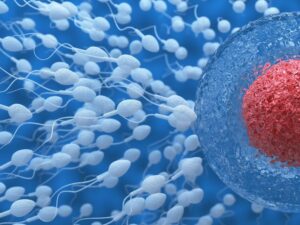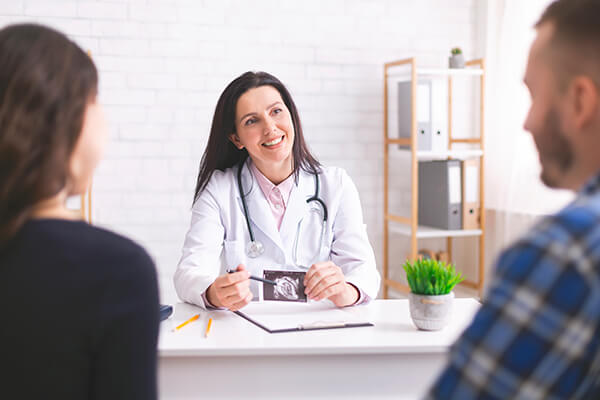Table of Content
Egg Donation in Colombia
The egg donation procedure in Colombia is permissible subject to adherence to certain rules and regulations. During the procedure, the oocytes (eggs) of young, fertile women can aid conception for intended parents.
Usually, egg donation in Colombia is used when a woman’s ovarian reserve is inadequate. Moreover, the services of an egg donor may also be required if a male is single or in a same-sex relationship, or has a genetically inherited disorder.
Being an intended parent, you must know that only anonymous egg donation in Colombia is permissible. To help you start a family, we, at become parents offer egg donors in Colombia with a range of phenotypes (physical traits) and blood types.
On the other side, before joining our program, every donor must pass a list of tests confirming their physical and mental health. To ensure they have a sufficient ovarian reserve and are suitable donors, they are tested for AMH and antral follicle count. Besides, they are subjected to psychological testing, as well as medical examinations that include tests for infectious diseases and for the presence of various inherited disorders.
What examinations are done on egg donors in Colombia?
Donors are subjected to psychological testing as well as genetic carrier screening for a number of inheritable diseases like spinal muscular atrophy, fragile X, and cystic fibrosis. Additionally, they are screened for infectious diseases like HIV, hepatitis, gonorrhea, syphilis, and chlamydia before donating to any egg donor clinic in Colombia.
When a woman (the donor) donates her eggs to another woman (the recipient), the recipient can use those eggs to conceive a child. Besides, the donor must take medications that will make her produce multiple eggs in a single cycle in order to donate eggs. Moreover, the donor’s eggs are then extracted by inserting a needle with an ultrasound probe attached through the vaginal tissues.
Once done, the eggs are then carefully retrieved from the ovaries. Besides, an embryologist at an egg donor bank in Colombia examines the eggs after they have been removed. The next step involves surrounding or injecting each egg with sperm from the male partner or a sperm bank.
Preparing the recipient for the Egg donation in Colombia
In order for the recipient’s uterus (womb) and the donor’s stimulation to be ready simultaneously, they must be timed by the experts at the egg donor agency. This can be done in a number of ways. When a woman still experiences regular menstrual cycles, her ovaries and cycle are frequently suppressed with medication.
Moreover, the recipient starts taking estrogen to build up her uterine lining as soon as the donor starts the medication to stimulate her ovaries.
Besides, the recipient will start taking progesterone around the time of egg retrieval to facilitate the implantation of the embryo (fertilized egg). Three to five days after fertilization, the embryo(s) will be moved to the recipient’s womb. Besides, until the pregnancy test, hormones are still administered. If the test is positive, they are then given during the first few weeks of the resulting pregnancy.
The egg donor in Colombia is evaluated in a manner similar to how couples undergoing routine IVF are evaluated. This should include testing for sexually transmitted diseases like HIV, hepatitis, gonorrhea, chlamydia, and syphilis as well as a thorough medical history from both partners, including blood type and Rh factor. Moreover, a mental health expert should provide the couple with counseling regarding the difficulty of their decision to use donor eggs.
The recipient needs to have her uterus and pelvis examined (womb). If she is over 45, a more thorough examination should be performed, which includes determining her risk of developing diseases linked to pregnancy and her heart function. Besides, she might be instructed to visit a physician at the egg donor bank in Colombia who specializes in high-risk pregnancies as well. Based on his history and ethnic background, the male partner’s sperm should be examined, and the proper genetic screening should be obtained.
Who can opt for an egg donor in Colombia?

Who is eligible to donate eggs in Colombia?
All those women who are willing to donate their eggs to a recipient are known as egg donors. These women are typically between the ages of 21 and 34 and should stay anonymous given the regulations in Colombia.
Donor recruitment without the use of an intermediary to vet the donors should be done with caution, and recipients should seriously consider consulting legal counsel. This is where our partner clinics and agencies come into the picture.
Contact one of our coordinators to know more about egg donation services!


